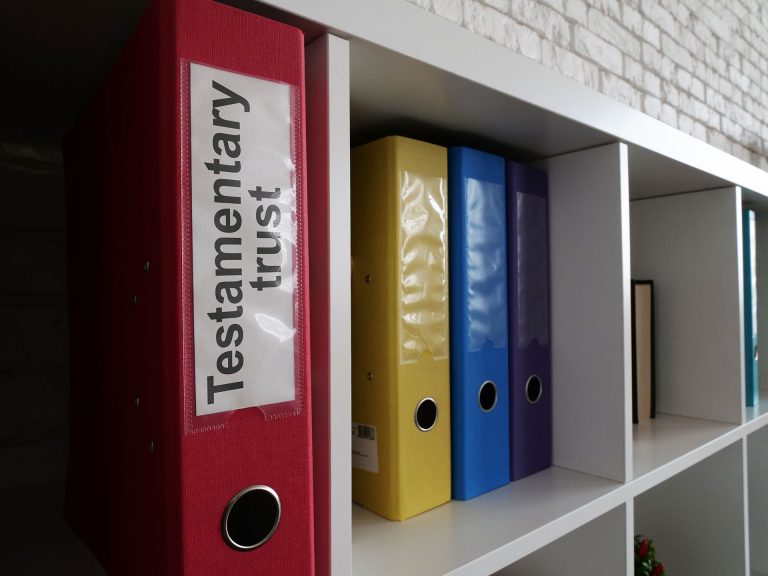Definition of a testamentary trust in Australia
A testamentary trust is created where assets are given to a party:
- on the condition that the party does something in return for the gift made to them; or
- to control (i.e. the trustee) on certain terms and conditions for a range of beneficiaries, which can include the trustee.
Normally, when speaking of testamentary trusts, people are referring to the latter of those 2 things.
Making a gift to a testamentary trust
If you use a testamentary trust, instead of making gifts directly to a beneficiary for their personal benefit, you normally make them to a trust controlled by the beneficiary or another party, as trustee, for a class of eligible beneficiaries including the person to whom you made the gift.
That trust is normally like a family discretionary trust.
By making a gift to a trust, it can be used to:
- protect against the waste of assets;
- protect assets and assist a person with a disability or other special need;
- protect assets in the case of bankruptcy;
- protect against betrayal by a surviving spouse who does not pass the assets on in the way that was previously agreed between the deceased and their surviving spouse;
- protect assets in the case of marriage breakdown and challenges to the will of a surviving spouse who remarries or against another beneficiary
The trust can be optional, so a gift can be taken either personally by the beneficiary or through the trust that the beneficiary can control (unless the willmaker wants to force a testamentary trust outcome on the beneficiary).
Optional trusts permit flexibility in deciding which assets go into the trust and which do not.
Testamentary trusts and husband and wife wills
In the case of husband and wife wills, it is best to create a trust for each child so that control of a separate trust can eventually be passed on to each child after the death of both parents. You can even set it up so that a testamentary trust can be created for each child of a child.
In the case of a husband and wife, as the trustee, the survivor of them can control the trusts until the later death of both of them, when control can pass to each child for their own trust. This assumes trusts are set up on the death of each parent, which is what is required as a result of our taxation rules.
Until the death of both the husband and wife, normally the survivor of them, their children and their families would each be an eligible beneficiary of those trusts (but each child would benefit from separate trusts).
The trustee decides which eligible beneficiaries get any income and/or capital of the trust.
After the later death of both the husband and wife, subject to the wording of the trust, normally each child will control the trust assets that are set aside for each child and the child then decides which beneficiaries of their trust will share in the income and capital of that trust.
Subject to any future tax changes, income on trust assets can be streamed tax effectively. If you simply gift assets directly to your children for their use, tax effective income streaming is not possible and more tax will probably be paid as a result on the income from the investment of the gift.
Get help with a testamentary trust
If you would like any assistance with your estate planning and testamentary trust needs, please contact us.
Disclaimer
The information in this article is general in nature and is not intended as legal advice. You should not do or fail to do anything in reliance on information in it. We do not accept any responsibility for any loss that you suffer if you do. You should seek professional advice before you do anything about the issues set out in this article.




